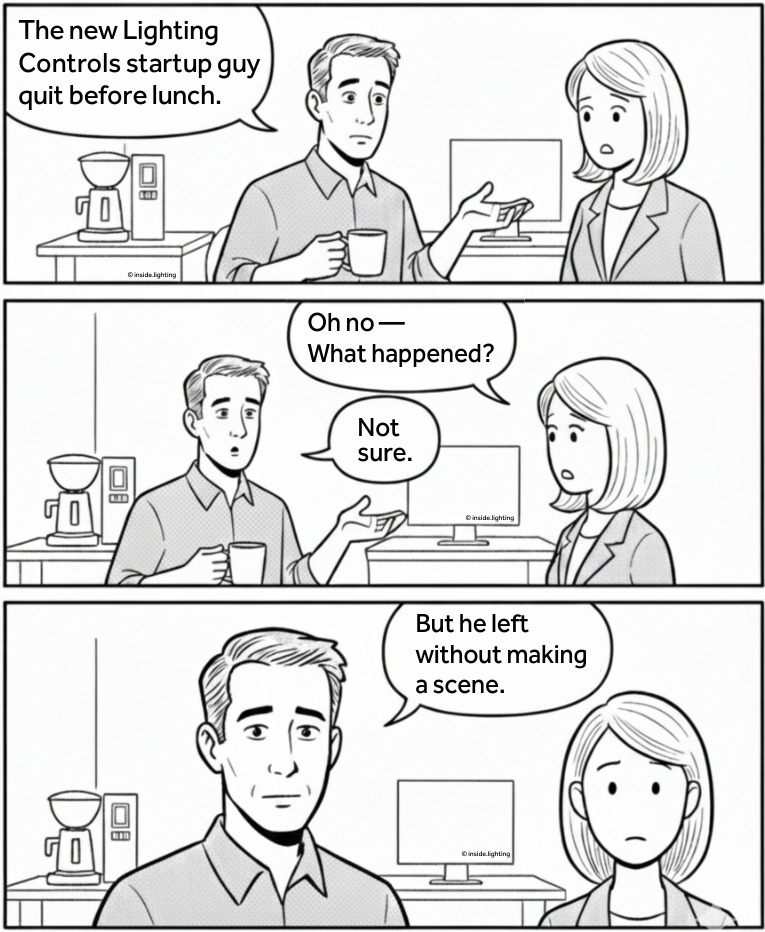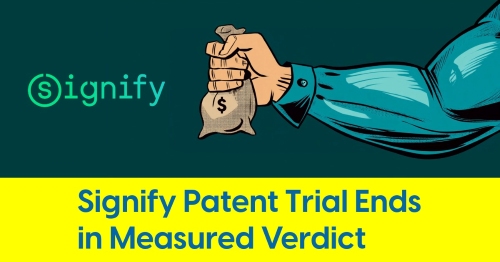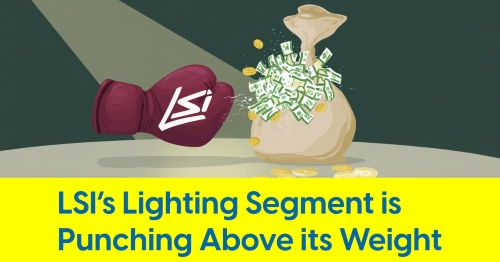March 3, 2025
Lighting Emergency? Oregon Considers Fluorescent Ban Delay

Legislators argue that immediate LED conversion is too costly for schools
It’s a curious kind of emergency. In 2023, Oregon lawmakers moved to ban most fluorescent lamps, citing mercury hazards and environmental risks. With Oregon’s fluorescent ban already in effect, a new bill — HB 2307 — aims to roll back the rules for schools, allowing them to keep buying the now-banned lamps until 2030.
The reasoning? A sudden concern for financial burden and logistical headaches.
“We’re not saying schools shouldn’t transition to LED,” said Rep. Kevin Mannix. “This bill provides a transition period…saving them millions of dollars.”
Mannix, along with Sen. David Brock Smith, Sen. Dick Anderson, Rep. Christine Goodwin, and Rep. Ed Diehl, is backing the bill, which would allow school districts to continue purchasing fluorescent lamps until January 2, 2030.
The Details: A Proposed Carveout for Schools
The bill would amend ORS 459.488 to exempt school districts from the state’s now-implemented fluorescent ban. It lumps school-purchased lamps into the same category as specialty-use lighting for medical, research, and industrial applications — an interesting distinction, given that classroom lighting is neither rare nor specialized.
By declaring an “emergency,” HB 2307 would ensure that the exemption kicks in immediately upon passage, sparing schools from scrambling to replace fixtures. The official justification? The bill states it is “necessary for the immediate preservation of public peace, health, and safety.”
What it doesn’t say is why this emergency wasn’t apparent when Oregon passed its original fluorescent ban in 2023.
The Backstory: Oregon’s Lighting Ban
Oregon became the seventh state to prohibit fluorescent bulbs, following Vermont, California, Colorado, Hawaii, Rhode Island, and Maine. The legislation targeted mercury-containing lamps, which pose disposal hazards and environmental risks.
The law’s phased rollout:
- January 1, 2024: Ban on screw-base compact fluorescents.
- January 1, 2025: Ban extends to pin-base CFLs and linear fluorescent tubes.
Under HB 2307, that last deadline would still hold — for everyone except schools.
The Response and the Cost Question
Proponents of the delay argue that an immediate switch to LEDs could cost school districts millions in unplanned expenses. Many school buildings, particularly older ones, still rely heavily on fluorescent fixtures. Retrofitting those systems isn’t just about swapping bulbs — it often involves rewiring and fixture replacements.
Critics, however, point out that LED conversions pay for themselves over time through energy savings and reduced maintenance. Some also question whether postponing the inevitable will ultimately cost schools more.
Mannix, for his part, insists the delay is about “responsible budgeting” rather than resistance to change.
If passed, HB 2307 would buy schools time — but at the cost of delaying a law Oregon already determined was necessary for public health. The irony? A bill originally justified by environmental urgency now faces an override justified by financial urgency.
And in five years? Schools will face the same fluorescent reckoning, just on a different timeline.










